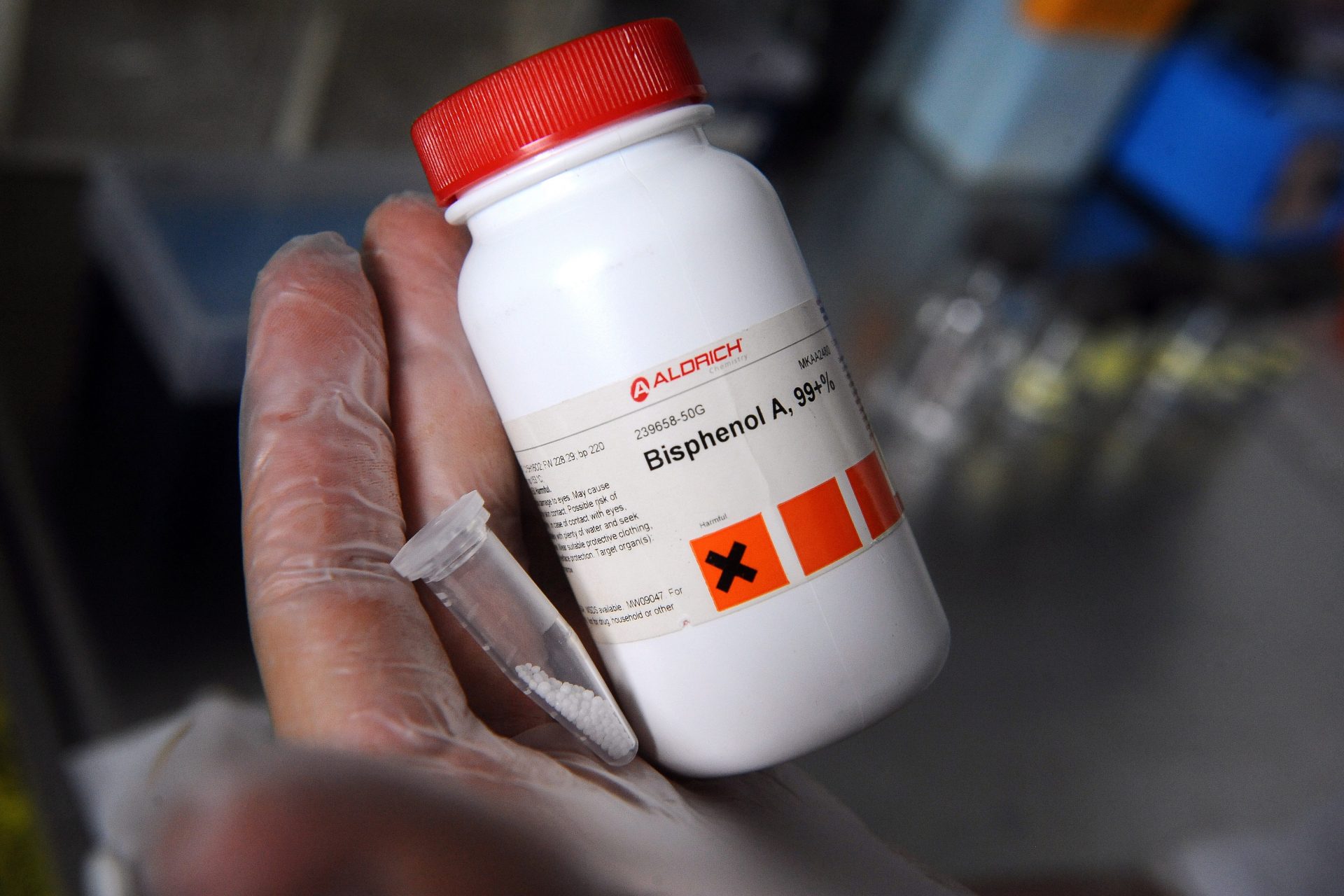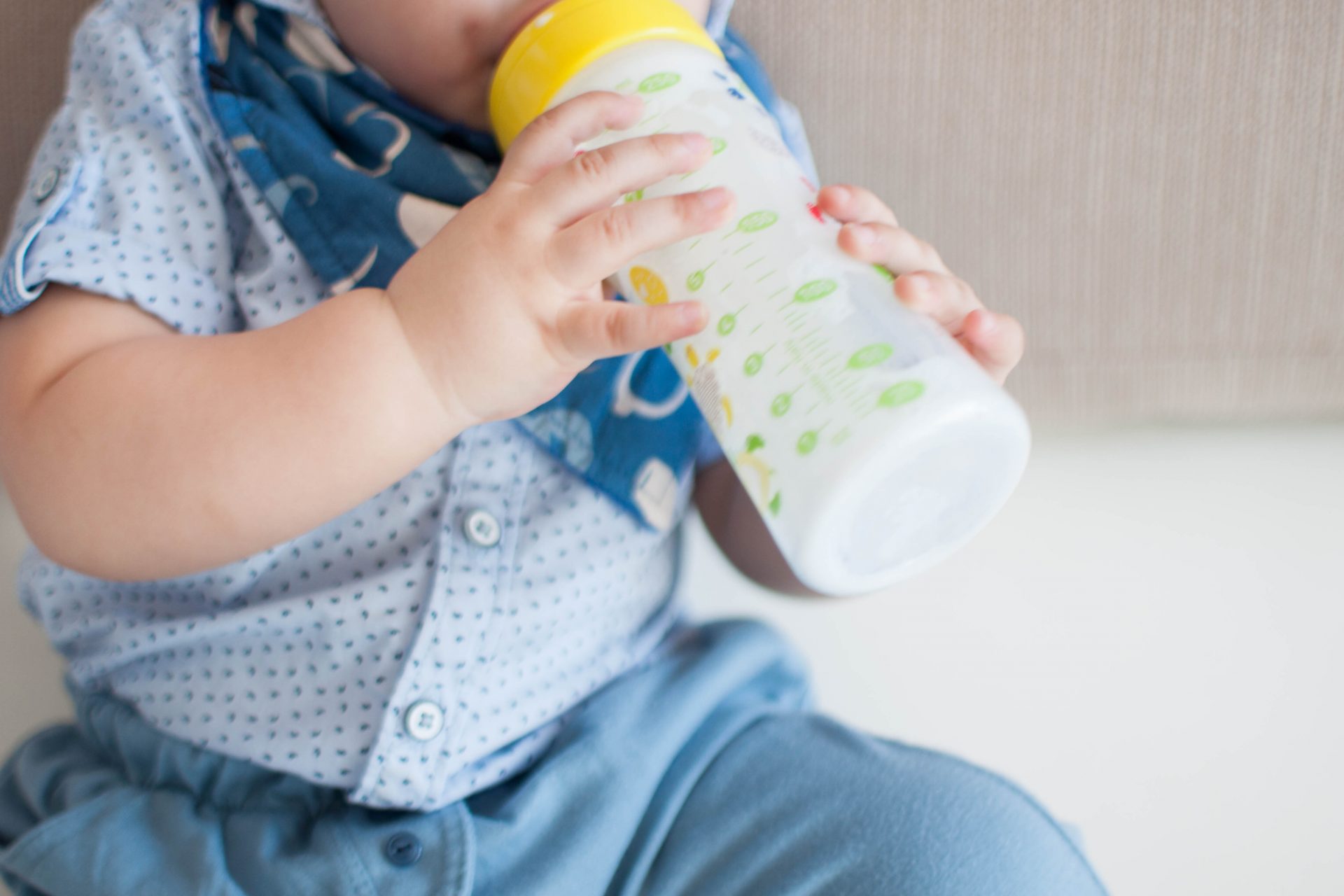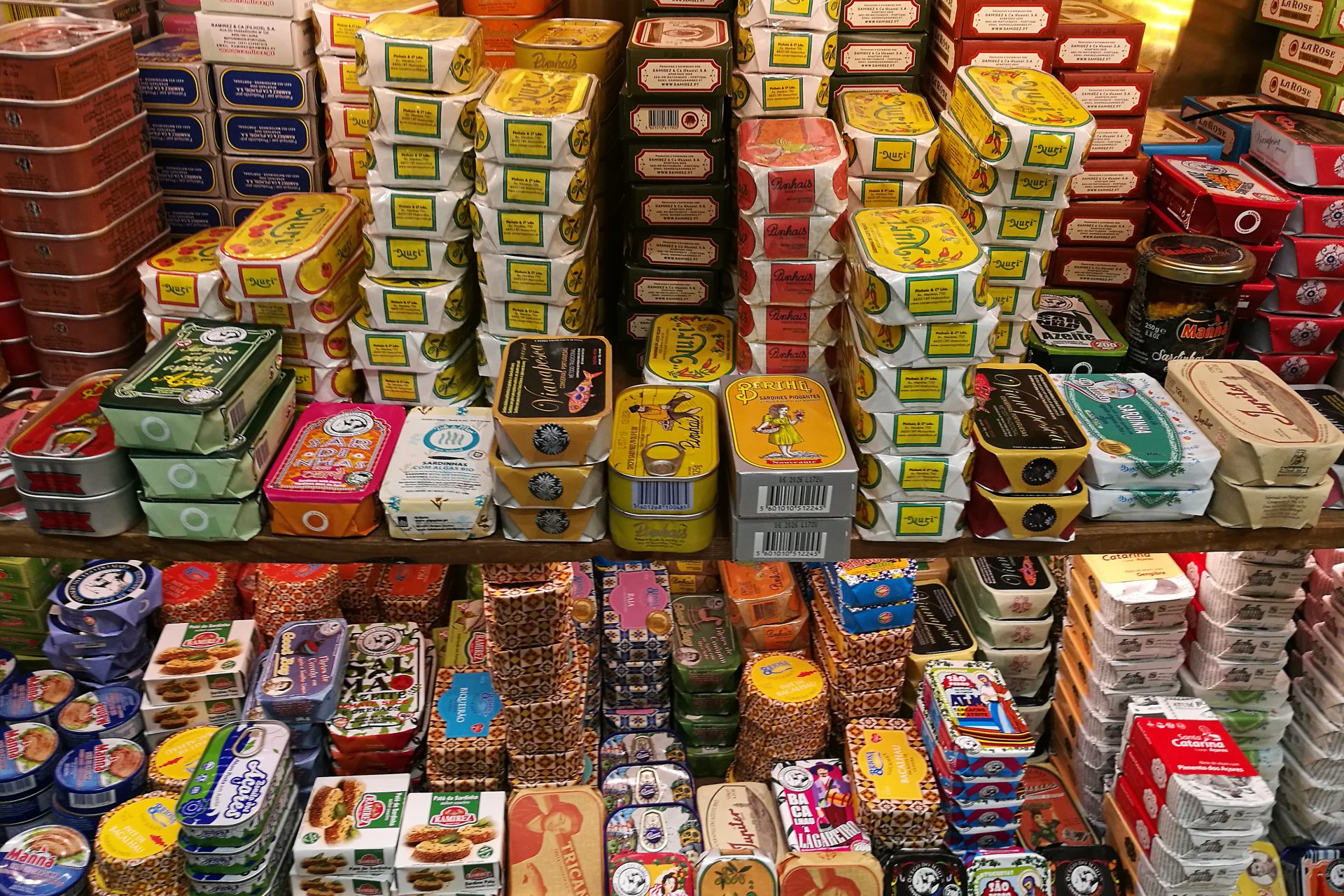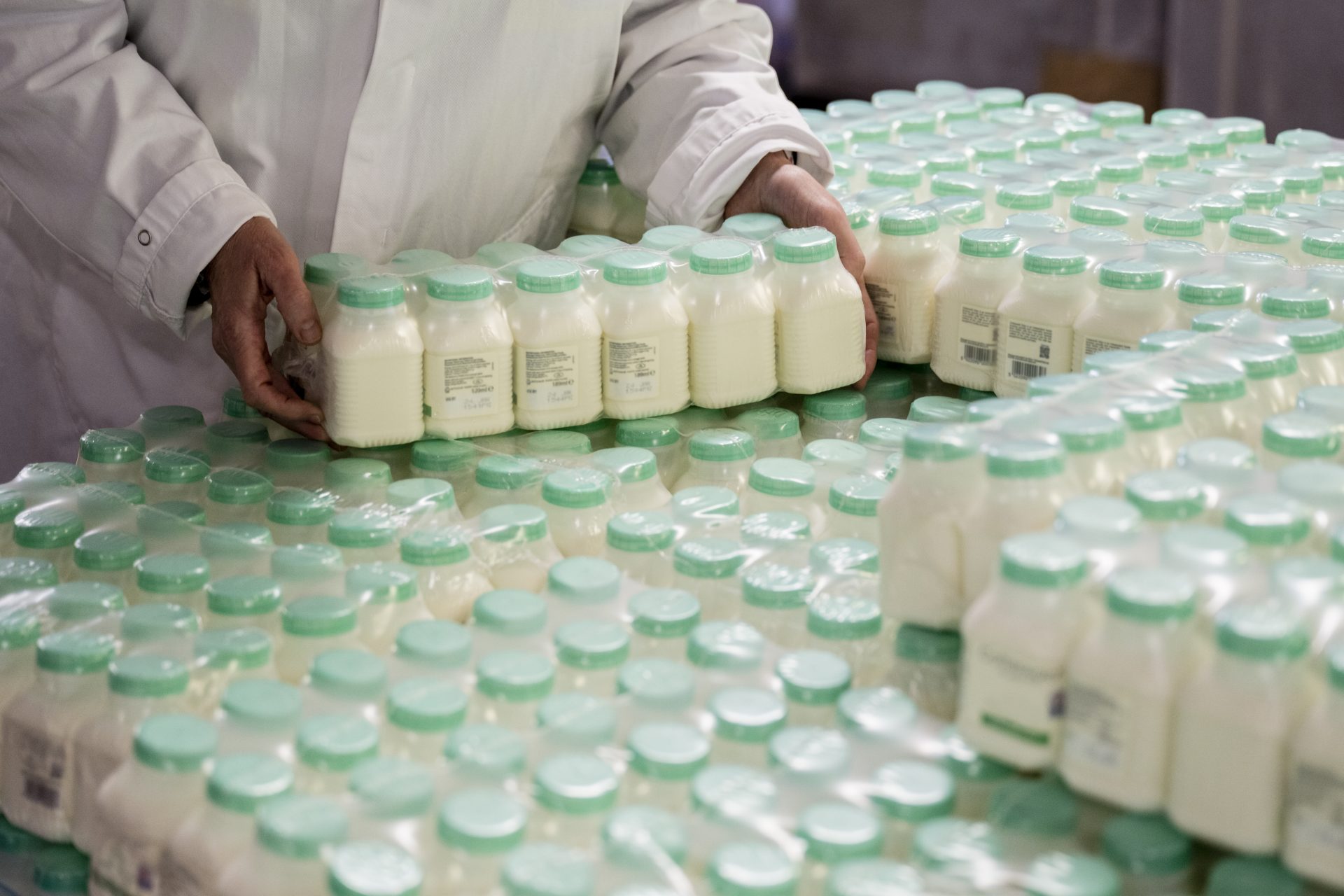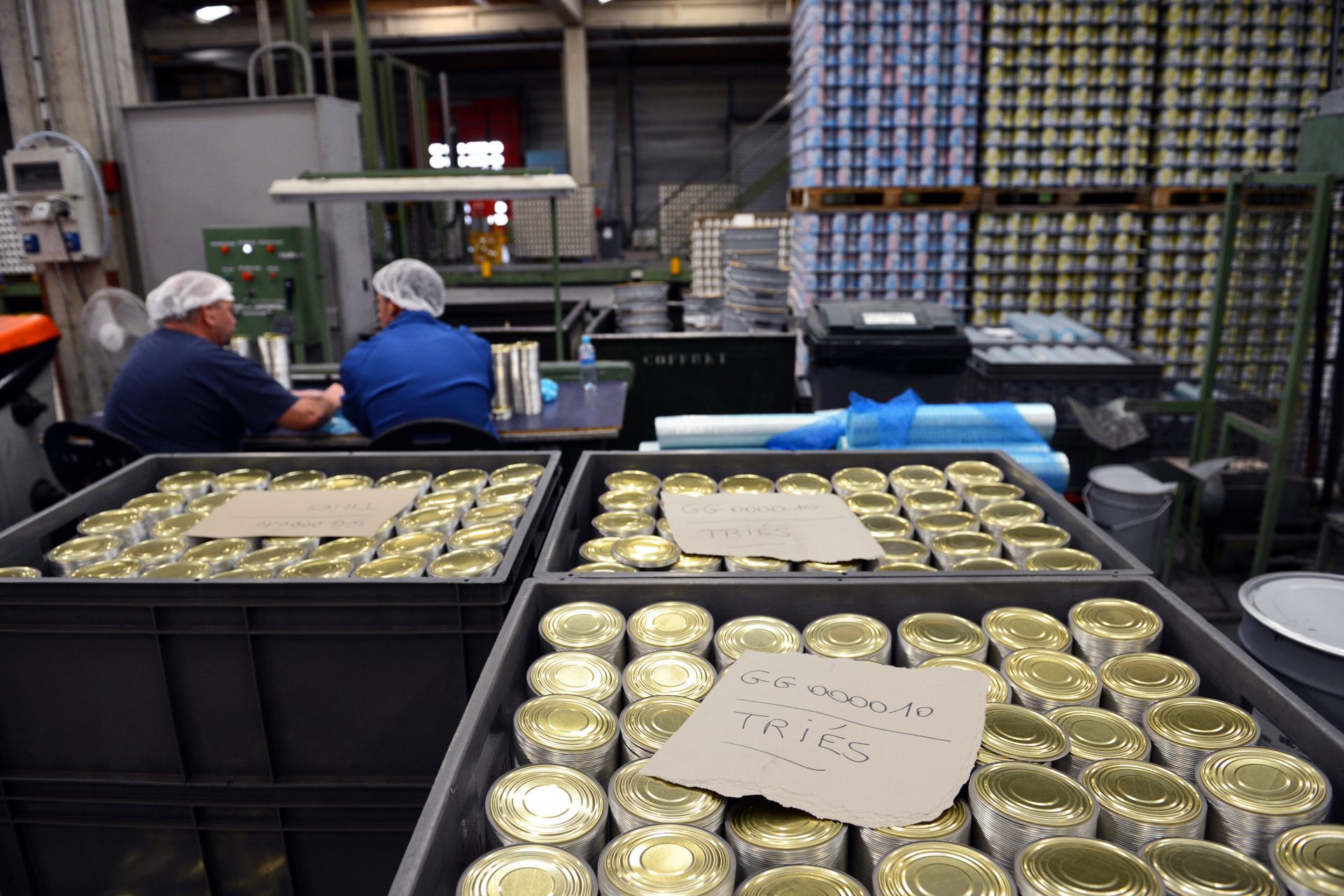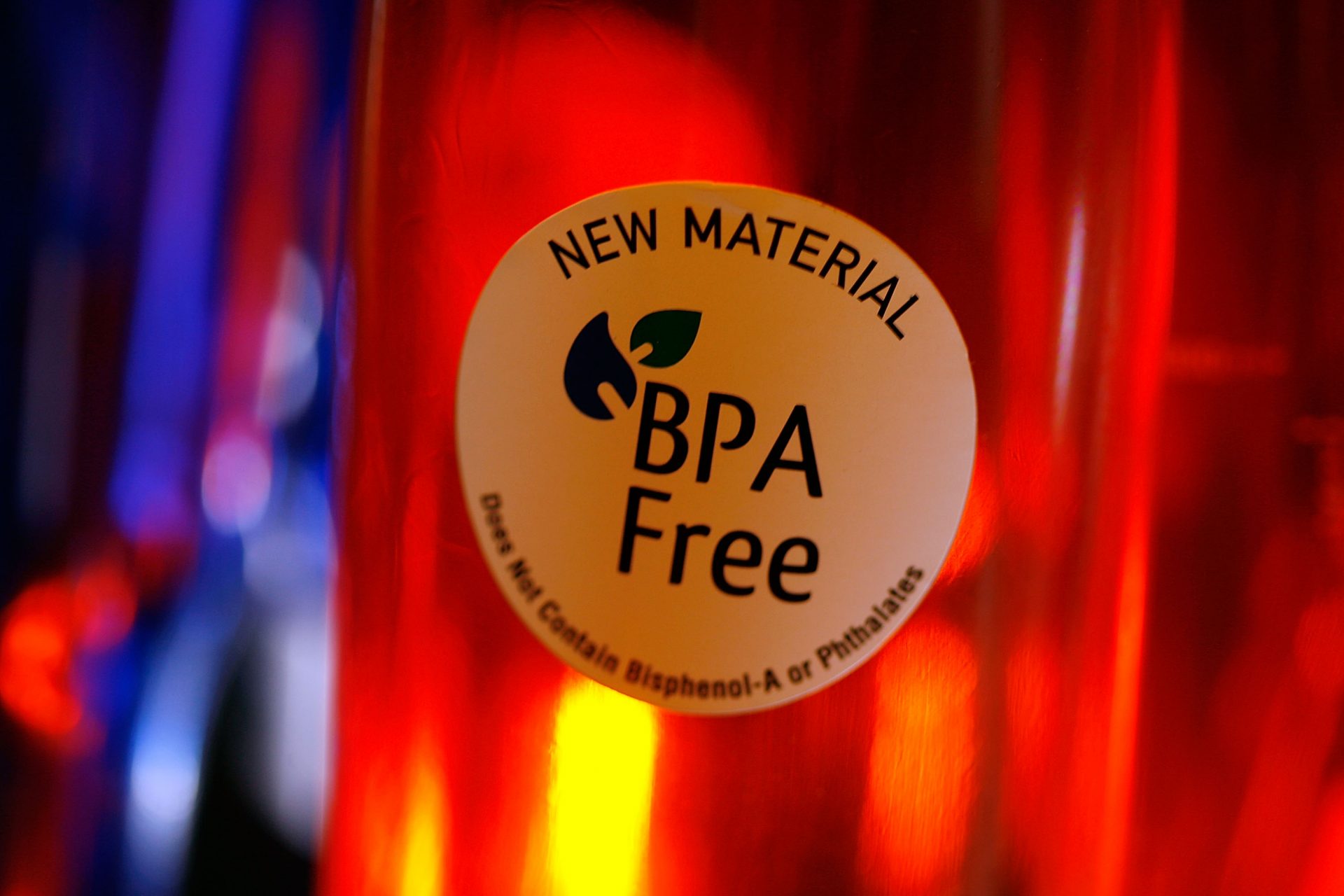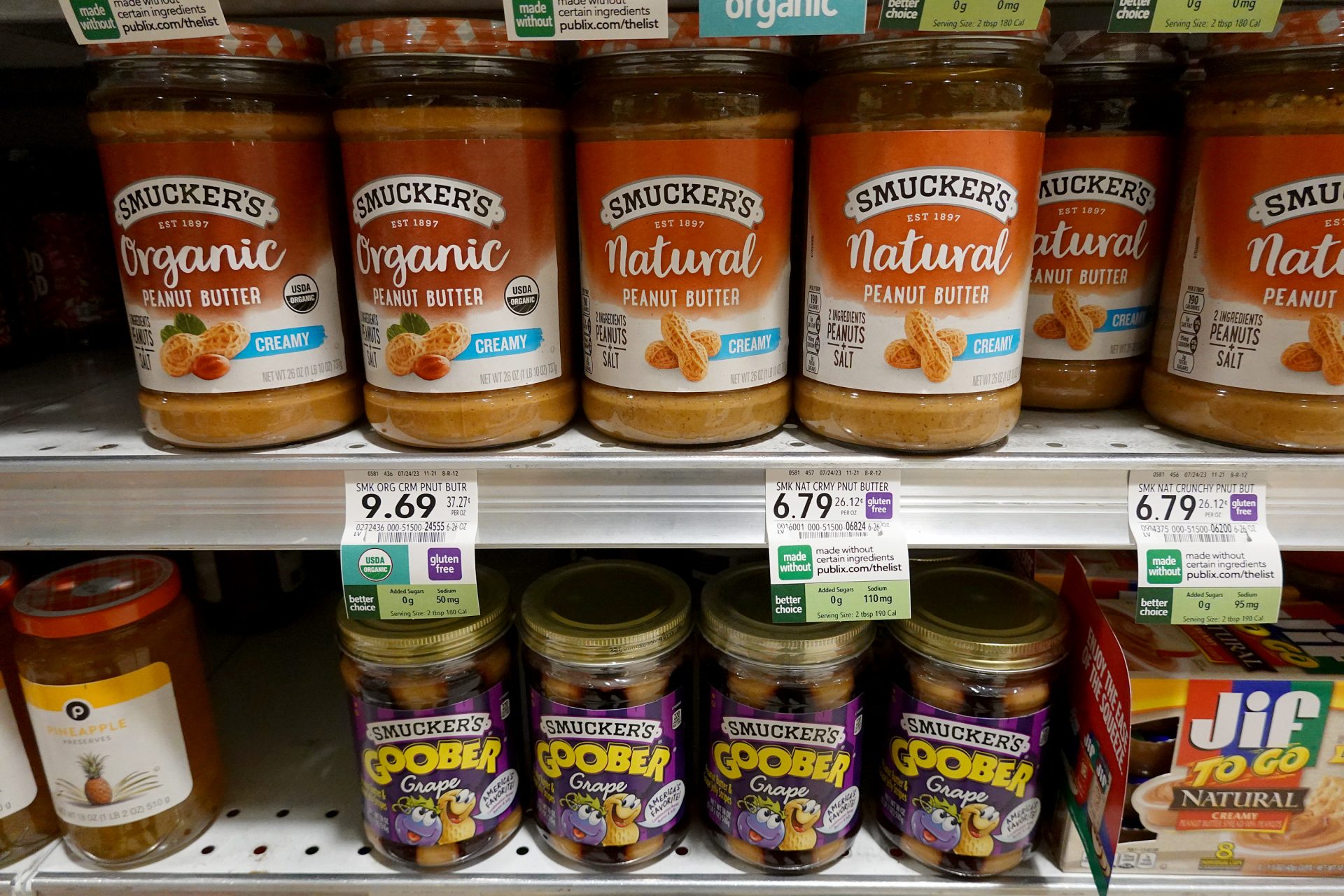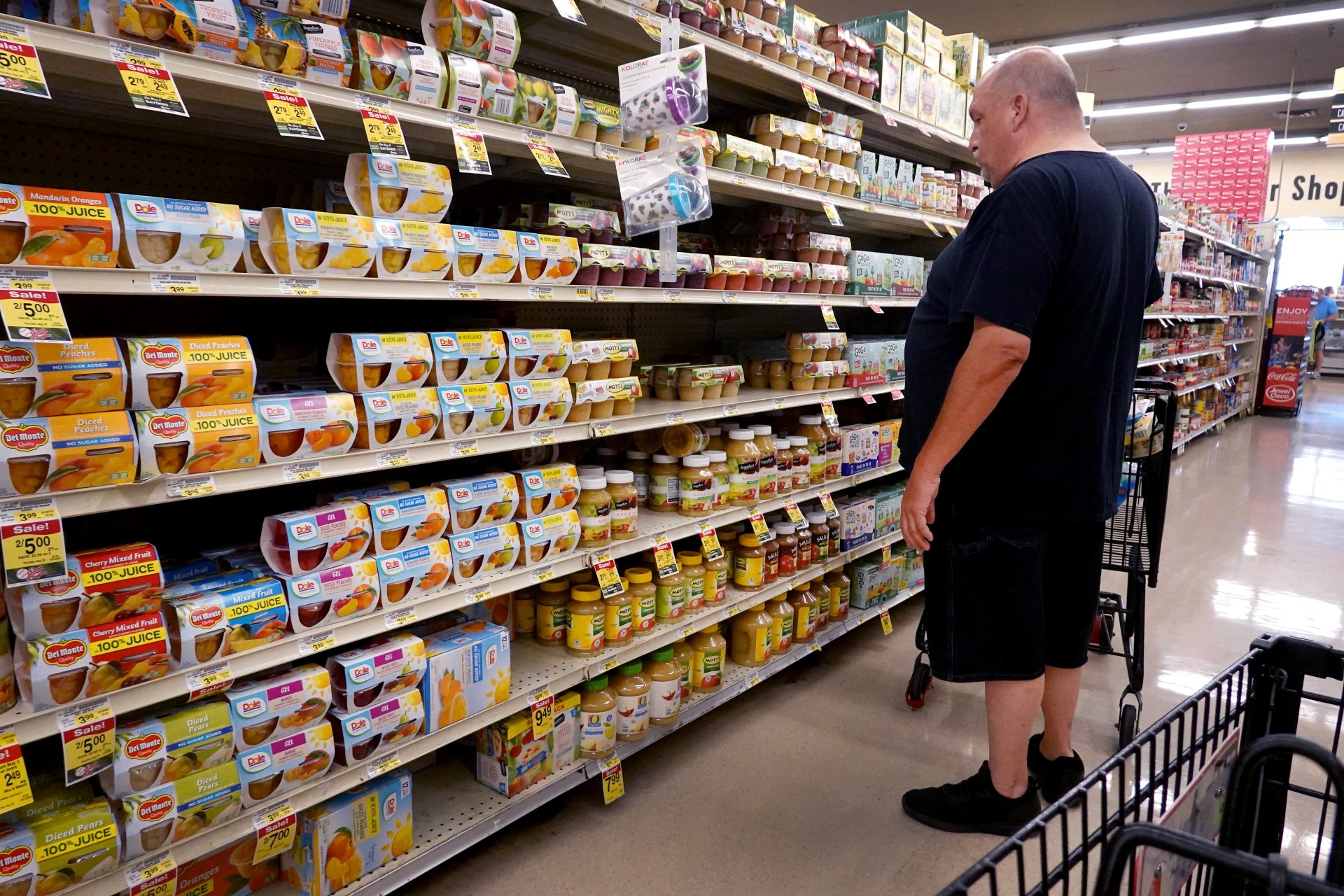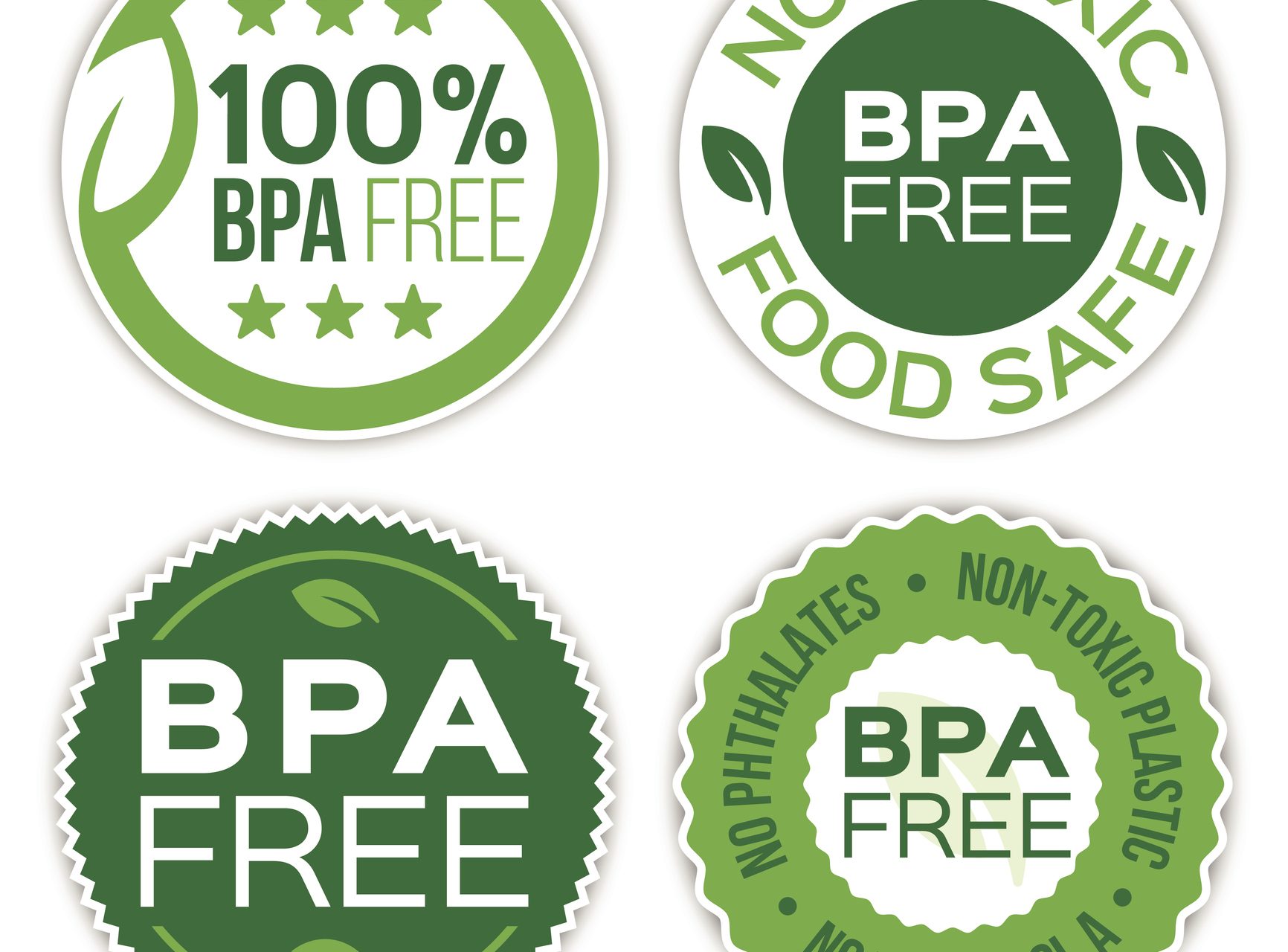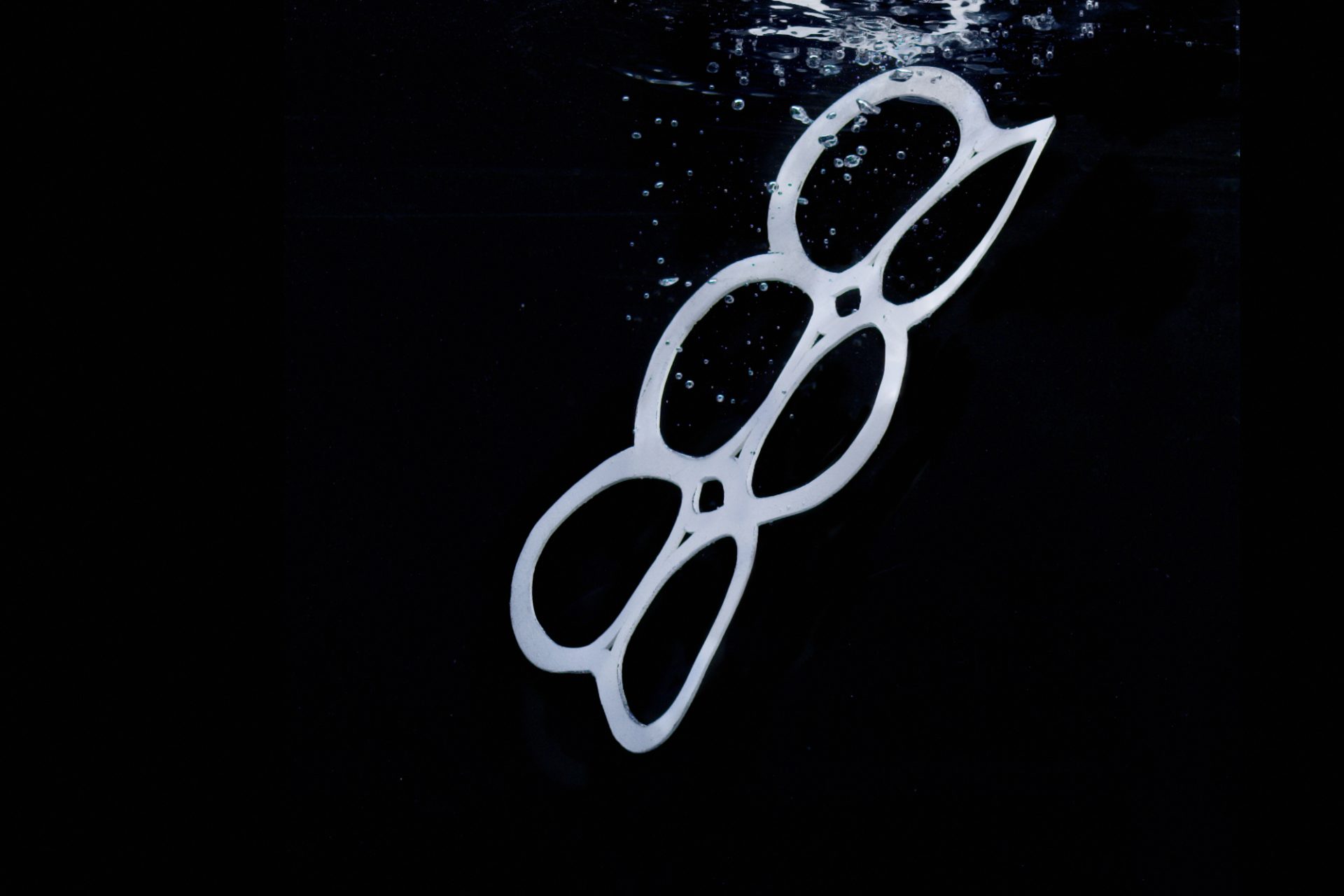Our bodies have crazy high levels of BPA
Bisphenol A (BPA) is a synthetic chemical used in countless items: from canned foods to water bottles, even in water pipes.
In fact, BPA used to be a go-to for making baby bottles until it was banned in the US, Canada, Australia, and Europe decades ago. However, it still shows up in food packaging in many countries.
It is hardly surprising that the European population is over exposed to it, as a study published by the EU Environment Agency on September 14, 2023 shows.
During the study levels of Bisphenol A, S and F were measured in the urine of 2,756 people in the 11 countries between 2014 and 2020.
"Thanks to the groundbreaking EU research project on human biomonitoring, we can see that bisphenol A (BPA) poses a far greater risk to our health than previously thought," Leena Ylä-Mononen, director of the Copenhagen-based Environment Agency, wrote in a statement about the study.
"We need to take the results of this research seriously and take more action at an EU level to limit exposure to chemicals that pose a risk to the health of Europeans." Leena Ylä-Mononen continued.
According to the Environment Agency, even in small doses the chemical can weaken the immune system. Infertility and allergic skin reactions can also occur.
The study measured the BPA levels in adults from 11 countries: Denmark, Germany, France, Finland, Iceland, Croatia, Luxembourg, Poland, Portugal, Switzerland and the Czech Republic.
The proportion of people found to have levels above the recommended maximum level is between 71 and 100 percent in the countries tested.
In Switzerland the levels were lowest, where they exceeded the new maximum recommended levels in 71% of people studied
France was the only country in Europe to completely ban bisphenol A in materials that come into contact with food in 2015.
Surprisingly, the study showed that the participants from France also had significantly higher levels of BPA than are considered safe.
The ban on BPA in France has had so little in fact, it was one of the countries with the highest BPA levels. In France, Luxembourg and Portugal BPA levels were exceeded in 100% of the population. In the globalized world, bans from individual countries don't really help.
Despite the warning over the levels of BPA, it should be noted that there is some disagreement regarding what is considered an acceptable daily level of BPA that can be consumed over a lifetime without posing risks to humans.
The European Medicines Agency, the entity responsible for approving drugs in Europe, contested the European Food and Safety Authority's new maximum recommended levels. The EMA says that "a causal link has not been demonstrated in a study in animals or humans".
However, the European Environmental Agency defends its warning regarding human exposure to BPA, saying it "is well above acceptable health safety levels, according to updated research data."
Photo: By Andrijko Z. - Own work, CC BY-SA 4.0, https://commons.wikimedia.org/w/index.php?curid=52231840
According to The Guardian, those living in the United States may be worse off regarding BPA exposure. A study done in 2022 by the European Food and Safety Authority found that "the average American is exposed to levels of the dangerous compound that are 5,000 times higher than what the European Union now considers safe."
The Guardian reported in 2022 that the EFSA was so concerned about the levels of BPA Americans are exposed to that it sent a petition to the US Food and Drug Administration asking it to take immediate action and warning that "BPA exposure levels in the US represent a “high health risk” for Americans of all ages."
With the current data and the warning given, one would assume that a Europe-wide ban is coming soon. Because you can do without it, as Japan has shown, where BPA-free canned food has been available for over 20 years.
More for you
Top Stories



